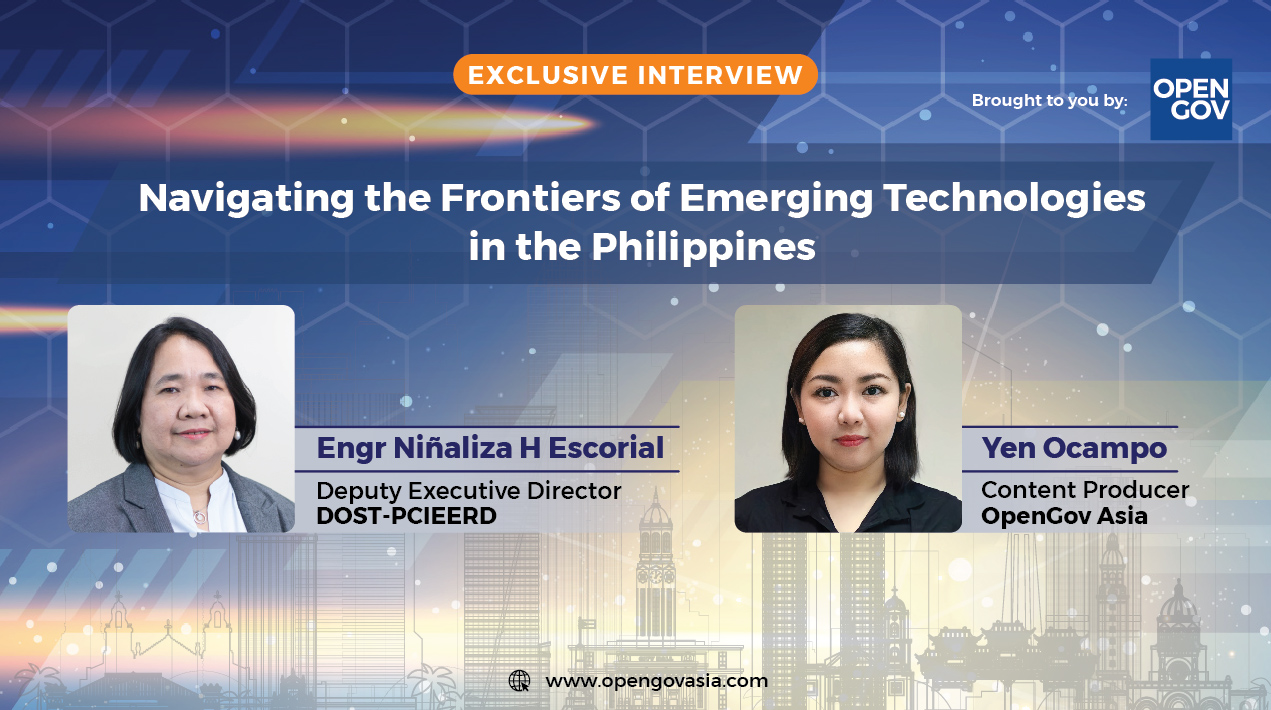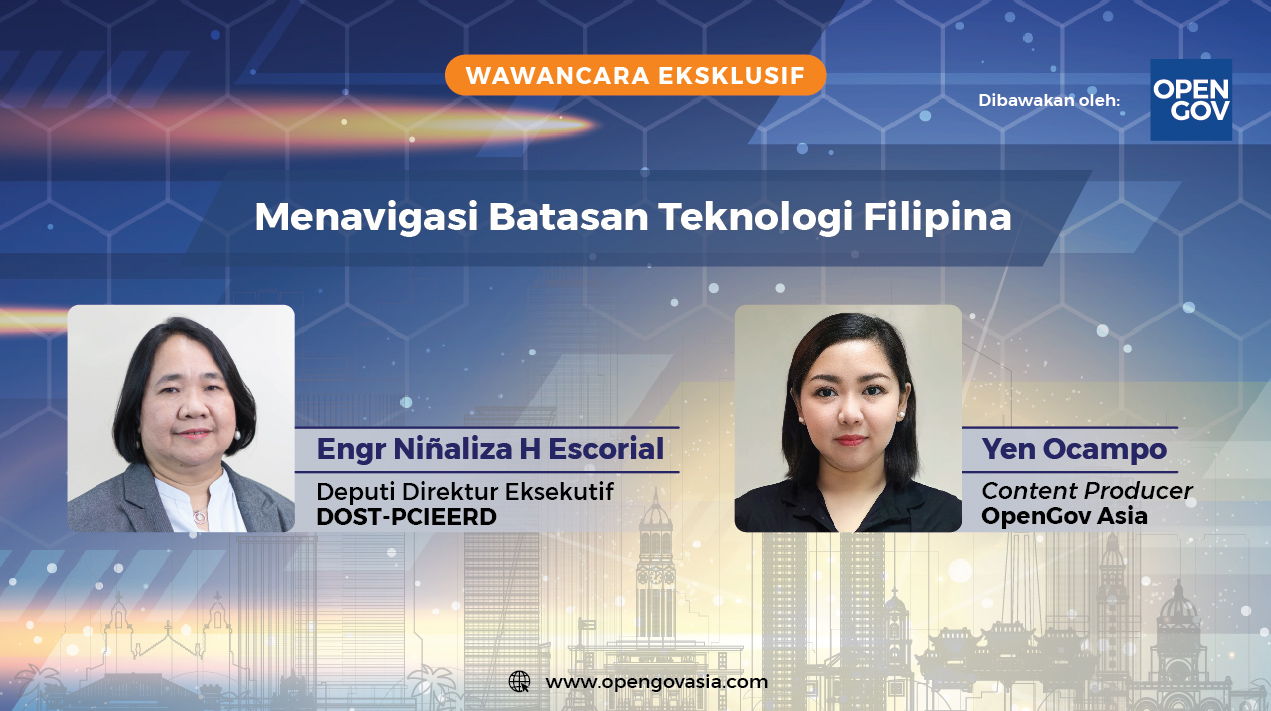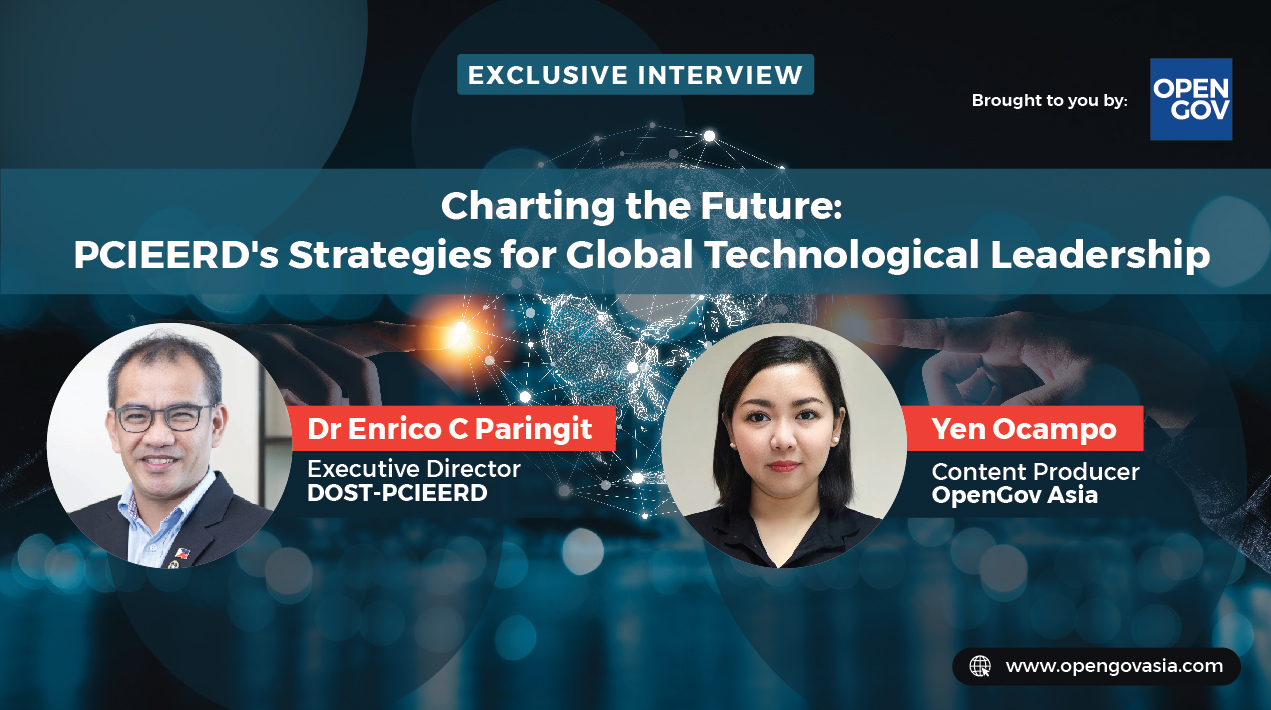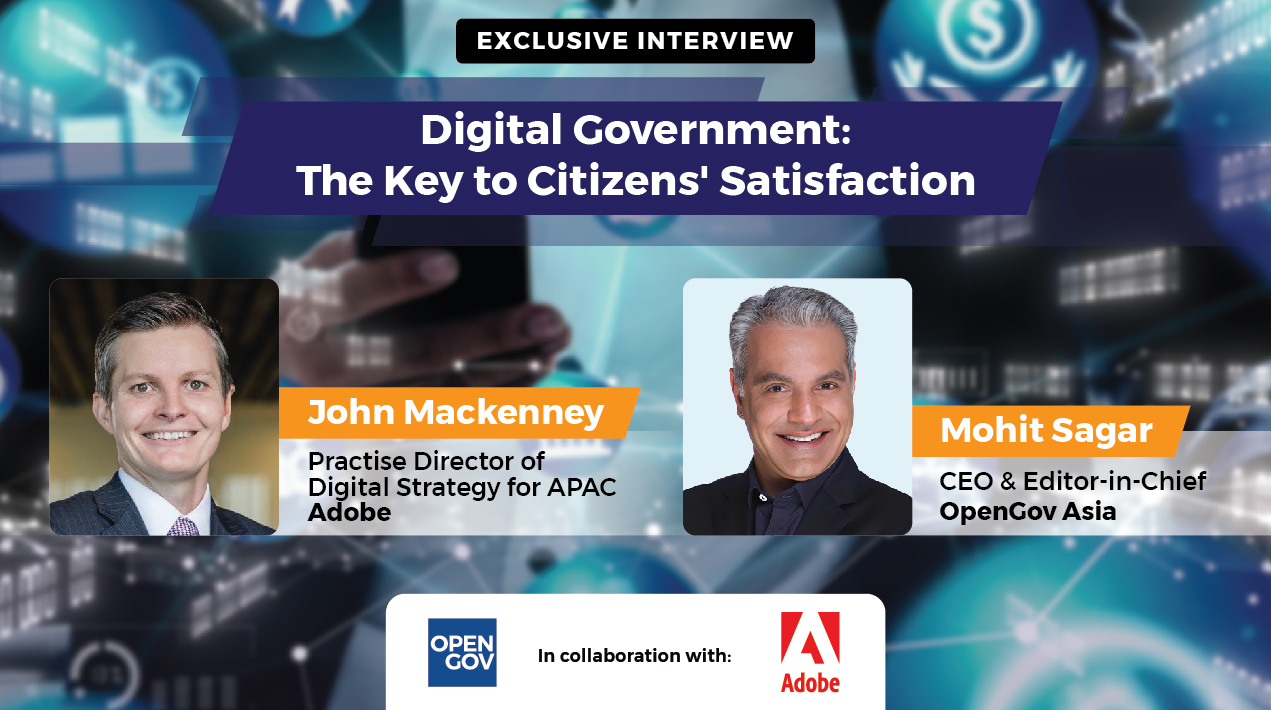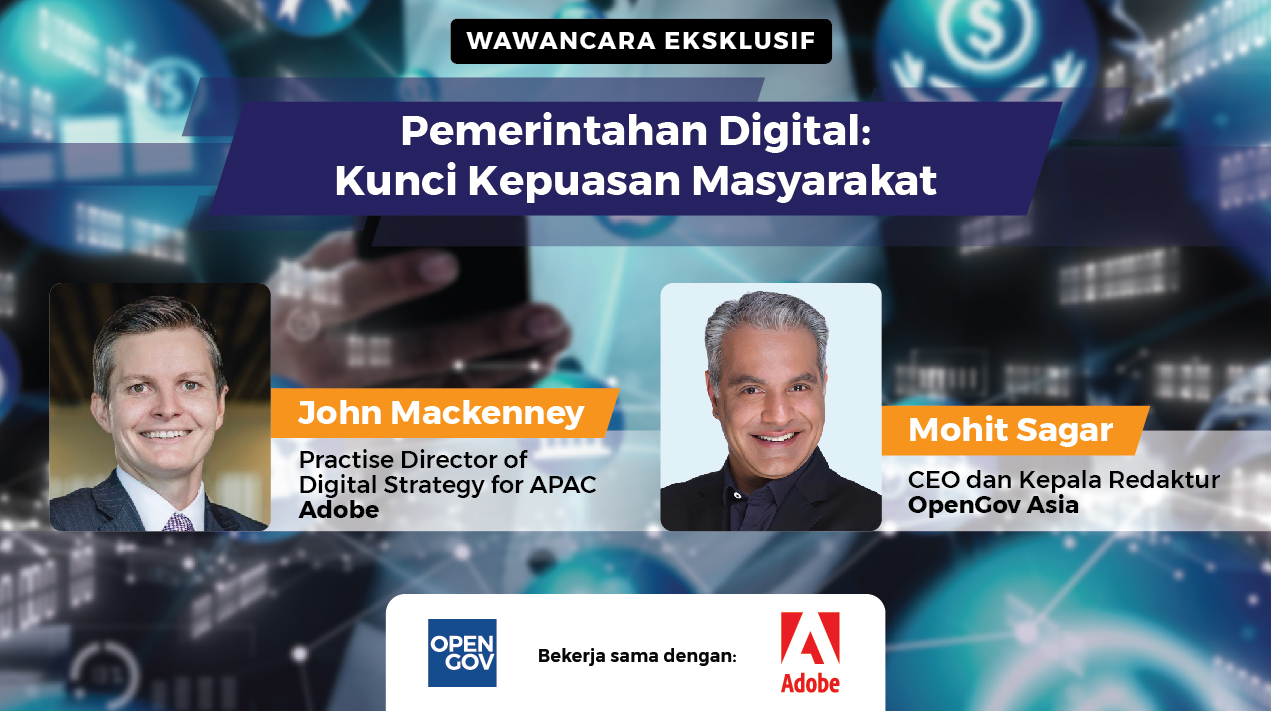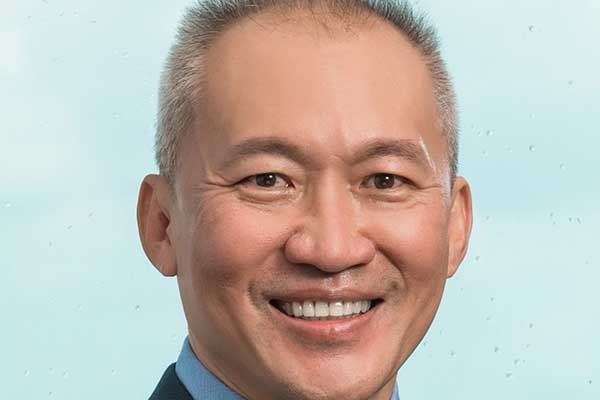
The Singapore government is driving towards creating the world’s first Smart Nation. Interestingly, a major part of this initiative involves citizens and how technology can be leveraged to improve our lives[i].
Essentially, this should mean that businesses and the community as a whole will be encouraged to contribute and join the drive towards innovation. At the same time, the government is making sure that there is more access to relevant data and technology. As such, the government has already launched an open data portal (data.gov.sg), which has about 12,000 data sets available to everyone.
Meanwhile, other initiatives, such as The ASEAN ICT Masterplan 2020 which is aimed at driving towards a more digitally enabled economy for the Southeast Asia region[ii] and Singapore’s Infocomm Media 2025 which is designed to tap on infocomm media to enhance people’s lives[iii], are beginning to pick up speed. Through all these government-led programs, one outcome remains constant; we are seeing a new community and economy that is more driven by data and technology.
We are going through a digital transformation and it is going to be up to us to decide what role we want to play in the new digitized world. What do I mean by that?
A digitized economy (and world)
Let us take a step back and see how technology has already changed our lives. For starters, we can stay connected to our friends and family no matter where they are with technology. People used to send telegrams that took days or weeks to reach someone, and now we have emails that can be read by someone across the globe almost instantaneously. With the Internet, we can get information about almost anything or anyone, literally at our fingertips when we want it.
These days, about every gadget – from your child’s toy car to the refrigerator in the kitchen – can be connected to the Internet. Analysts predict that the world will see 25 billion Internet-connected things by 2020 as the Internet of Things trend continues to gain momentum.
All these will have a great impact on the economy as businesses change their business models to adapt to digitization[iv]. Soon, it will be inevitable for businesses to take the digital transformation seriously if they want to maintain their competitive advantage.
Increasingly, machines are being used to enhance efficiency and drive productivity in industries like manufacturing, financial services and healthcare. Most amazingly, technology is being actively tapped on to improve our quality of lives. One example I love is how we now can know that the 80-year-old grandmother who lives alone is healthy and well at all times, and be alerted when she needs assistance without being physically there monitoring her all the time. The answer? A connected device that she wears constantly sends signals, reports on her well-being and intelligently calls for help when there is an emergency.
Of course, all this just a glimpse of the potential that data and technology can bring and how they can positively impact our lives. As industries and entire cities become smarter, people’s lives are going to transform accordingly.
Data skills as the real competitive advantage
While the use of data and technology for businesses has grown quickly and universally, the Asia Pacific region is still behind the curve in terms of skilling up workers for the new economy and world.
In Singapore, as the government embarks on its Smart Nation journey, another 15,000 IT specialists will be required next year as fields such as cybersecurity, data analytics and application development ramp up in hiring. Based on current graduation trends, this means that the country will find itself in a shortage of professionals with the suitable IT skills required.[v]
This is not just a problem specific to Singapore. Analysts have identified that the lack of talent with data skills is one of the biggest obstacles for organisations in Asia Pacific[vi].
This gap clearly needs to be filled as businesses and governments realize that data or technology skills is now where the real competitive advantage lies. Just like how all the ‘Smarter World’ initiatives have begun from the top (with support from governments and business leaders jumping on the bandwagon), our leaders are also recognizing and implementing programs that will help the workforce of the future acquire these desirable skills.
For example, the Singapore government recently pushed out a SkillsFuture movement where citizens are provided with opportunities to develop their fullest potential regardless of which life stage they are at – students, new to the workforce, at mid-career or retired. The aim is for people to gain skills and ultimately drive Singapore’s next phase of development towards an advanced economy and inclusive society[vii]. The movement will also help people gain the necessary Infocomm Technology (ICT) skills to enhance industries contributing to Singapore’s economic and social growth[viii].
A holistic approach to a smarter everything
With the digitalization of essentially everything, the ability to make smarter decisions and take data-driven action will become a necessity for everyone, no matter if you are in the public or private sector.
Besides adjusting classroom learnings and making sure that students and workers get the necessary training and are more technologically-enabled, the movement will also require governments and academic institutions to work together with relevant industry players. This means placing students entering the industry into the right roles. It means the entire ecosystem needs to work in unison.
As part of a connected ecosystem, academic and training institutions will be able to quickly fine tune their curriculum and training syllabus according to demands in the industries. Students will learn relevant skills that are in demand, and academics and industry players will be able to plan ahead and mitigate any labor shortages.
Success of such a collaborative ecosystem will depend heavily on the level of involvement and integration of each player. Educators and industry leaders will need to collaborate on an ongoing basis. Even more important is that citizens will need to keep up, embrace lifelong learning, and help each other be prepared so that we can all be ready for a more intelligent world.
[i] Smart Nation Vision, iDA Singapore
[ii] The ASEAN ICT Masterplan 2020, Association of Southeast Asian Nations
[iii] INFOCOMM MEDIA 2025, Ministry of Communications and Information
[iv] The Internet of Things Is a Revolution Waiting to Happen, Gartner, 30 April 2015
[v] IT talent in short supply amid Smart Nation push, iDA, 8 February 2016
[vi] IDC predicts data-driven organizations to achieve extra USD65 billion in productivity benefits by 2020, IDC, 18 January 2016
[vii] What Is SkillsFuture?, SkillsFuture
[viii] FACTSHEET ON SKILLSFUTURE EARN AND LEARN PROGRAMME FOR SOFTWARE DEVELOPMENT, SkillsFuture



